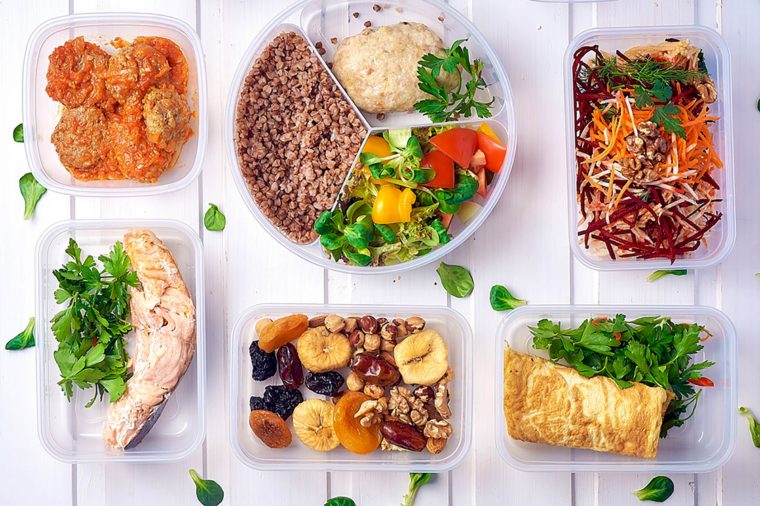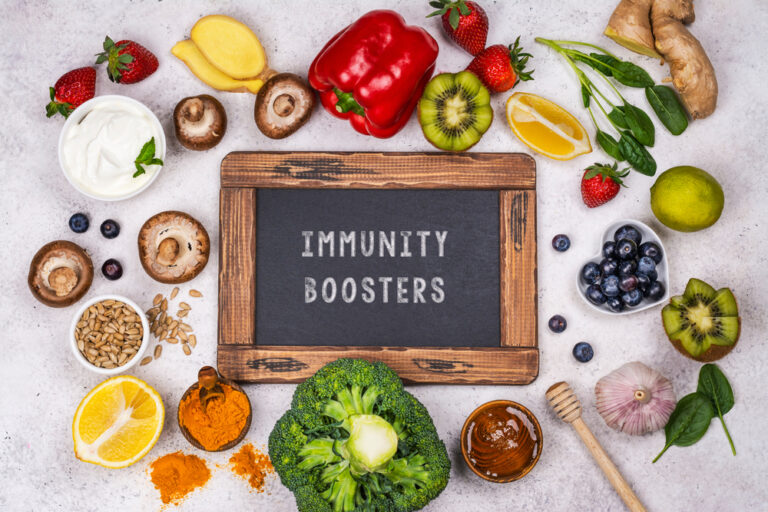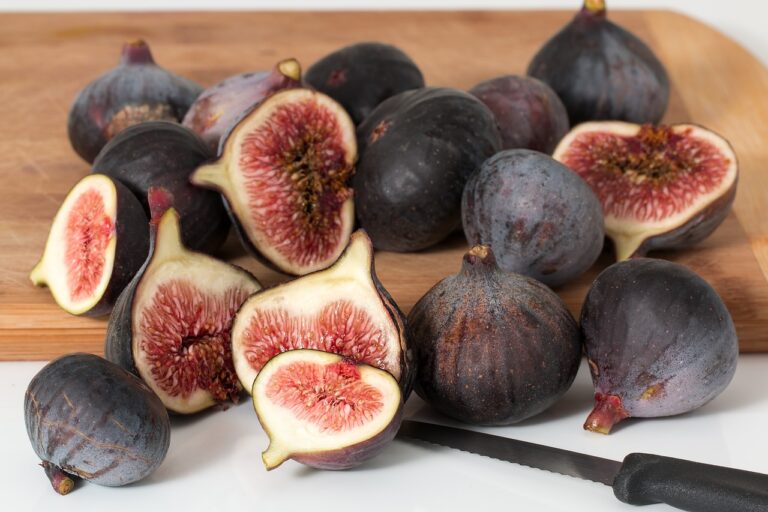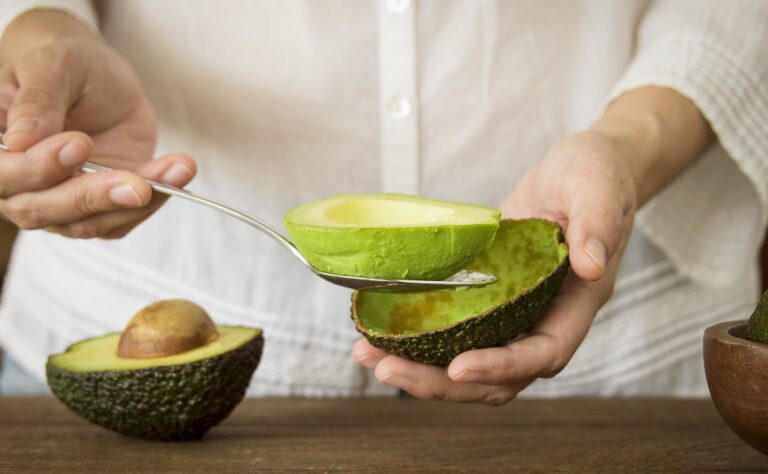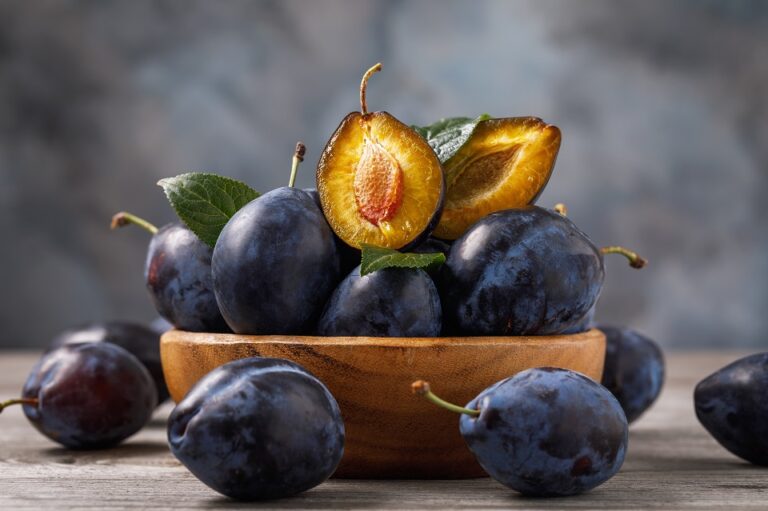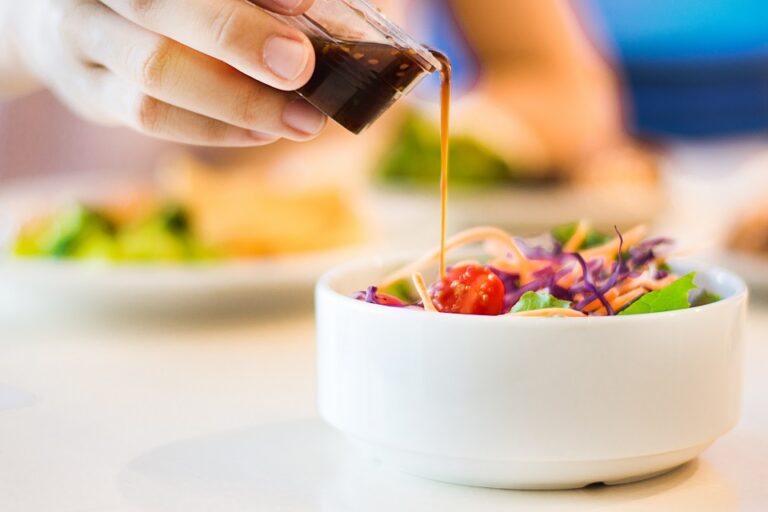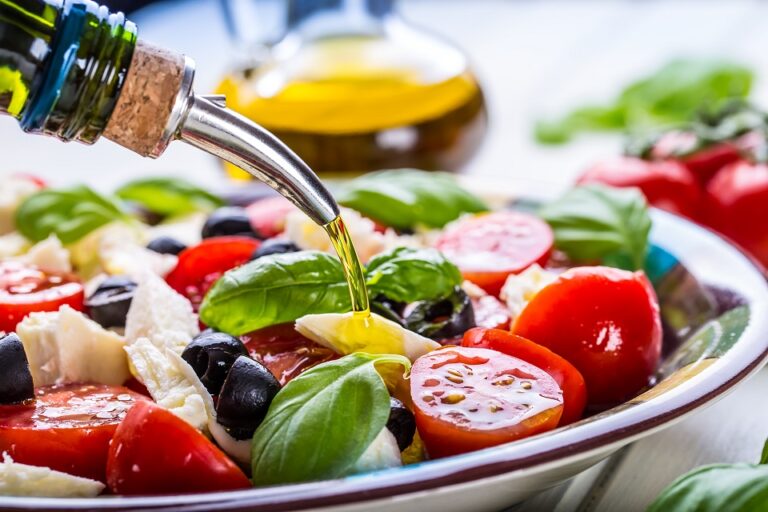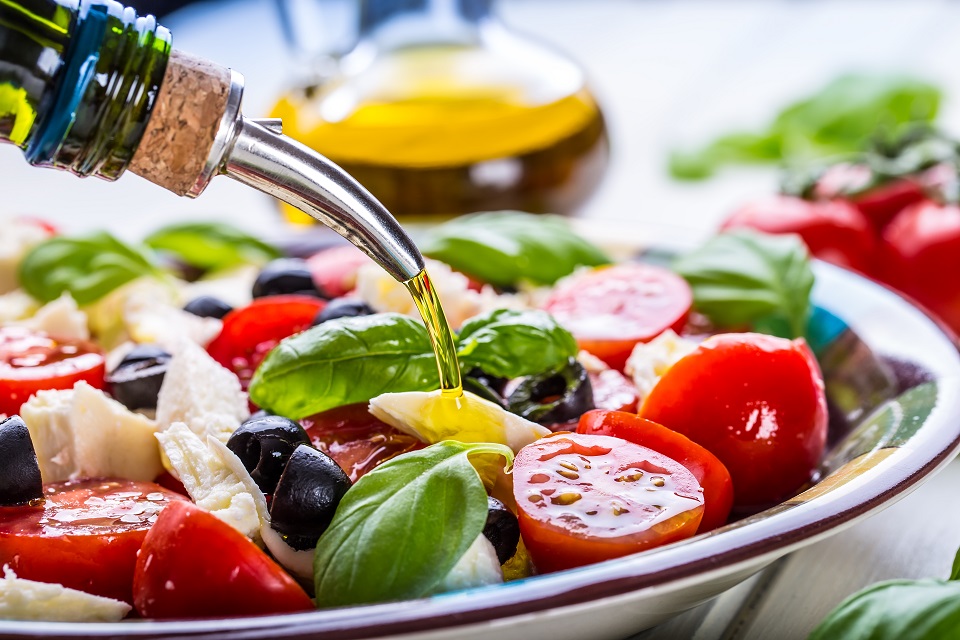
8. Olive oil
Approximately 13.5 grams of olive oil pack:
- Sodium: 0.3 mg
- Potassium: 0.1 mg
- Phosphorus: 0 mg
Olive oil is a popular staple of the Mediterranean diet and has been for at least 4500 years. It also has many proven benefits; all of us should take advantage of it more often. So, despite boosting heart health, combating inflammation, aiding weight loss, fighting Alzheimer’s disease, reducing the risk of developing type 2 diabetes, and minimizing joint pain, olive oil is also famous for being kidney-friendly.
Why? Firstly because it is phosphorus-free and secondly because olive oil contains a type of fat called oleic acid that has anti-inflammatory properties. So, if you want to keep your kidneys in tiptop shape, start cooking with olive oil.
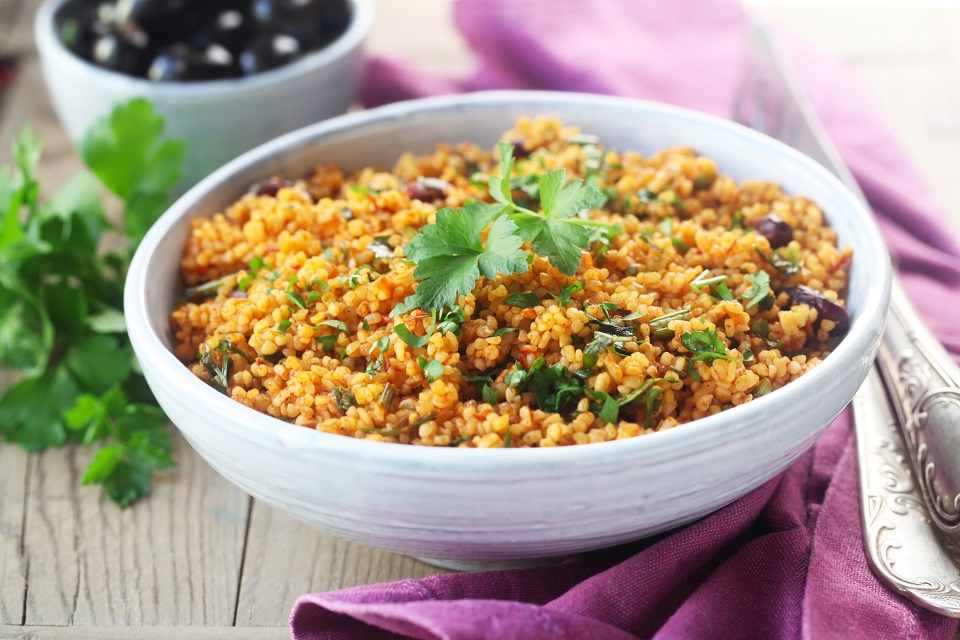
9. Bulgur
Approximately 91 grams of bulgur contain:
- Sodium: 4.5 mg
- Potassium: 62 mg
- Phosphorus: 36 mg
Just like buckwheat, bulgur is also a whole grain. However, when compared to other whole grains such as amaranth, barley, or teff, bulgur is low in phosphorus and potassium.
It is also a good source of magnesium, manganese, iron, and B vitamins. Plus, bulgur is a plant-based protein, which translates to an improved digestive system for those who consume it more often. Actually, you can eat for breakfast with blueberry sauce—we bet that it is way more delicious than your current breakfast.
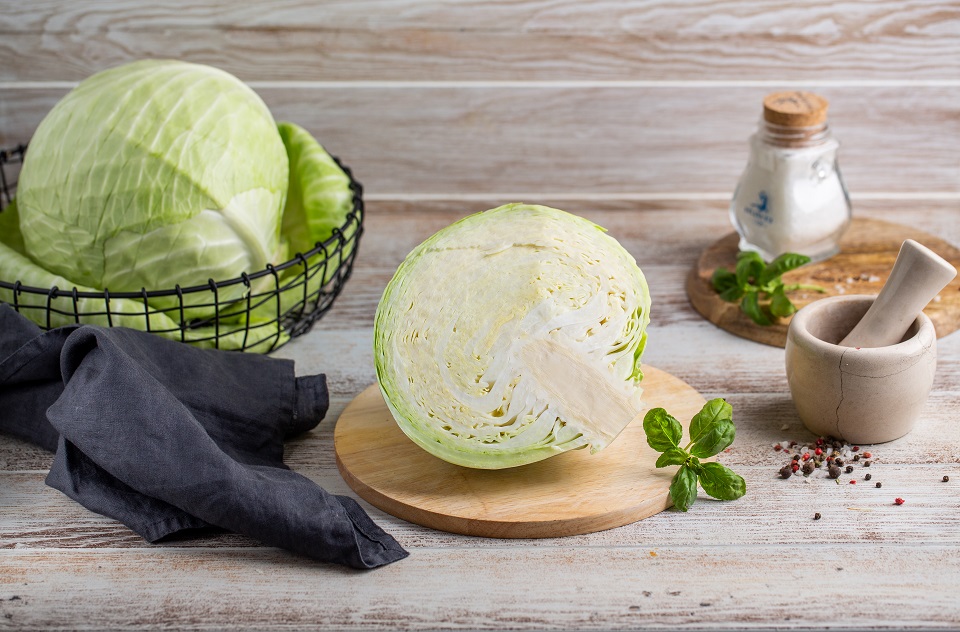
10. Cabbage
Approximately 70 grams of shredded cabbage have:
- Sodium: 13 mg
- Potassium: 119 mg
- Phosphorus: 18 mg
Being a cruciferous veggie just like cauliflower, our first entry, cabbage is full of powerful plant compounds, vitamins, and minerals. In addition, cabbage also contains insoluble fiber that keeps your digestive system in check by boosting your bowel movements.
Moreover, it is low in phosphorus, potassium, and sodium, which means that people with kidney disease can enjoy cabbage as often as they wish.




